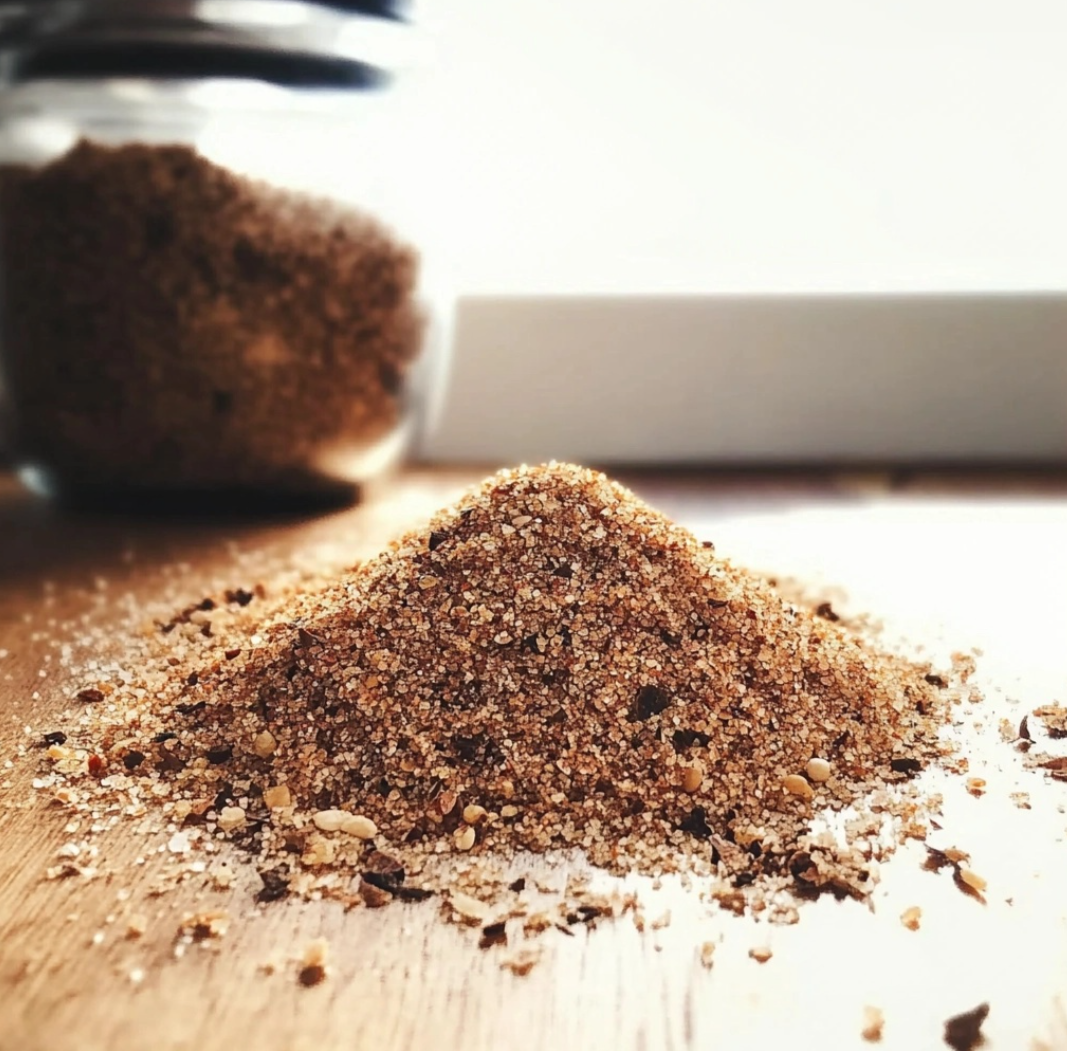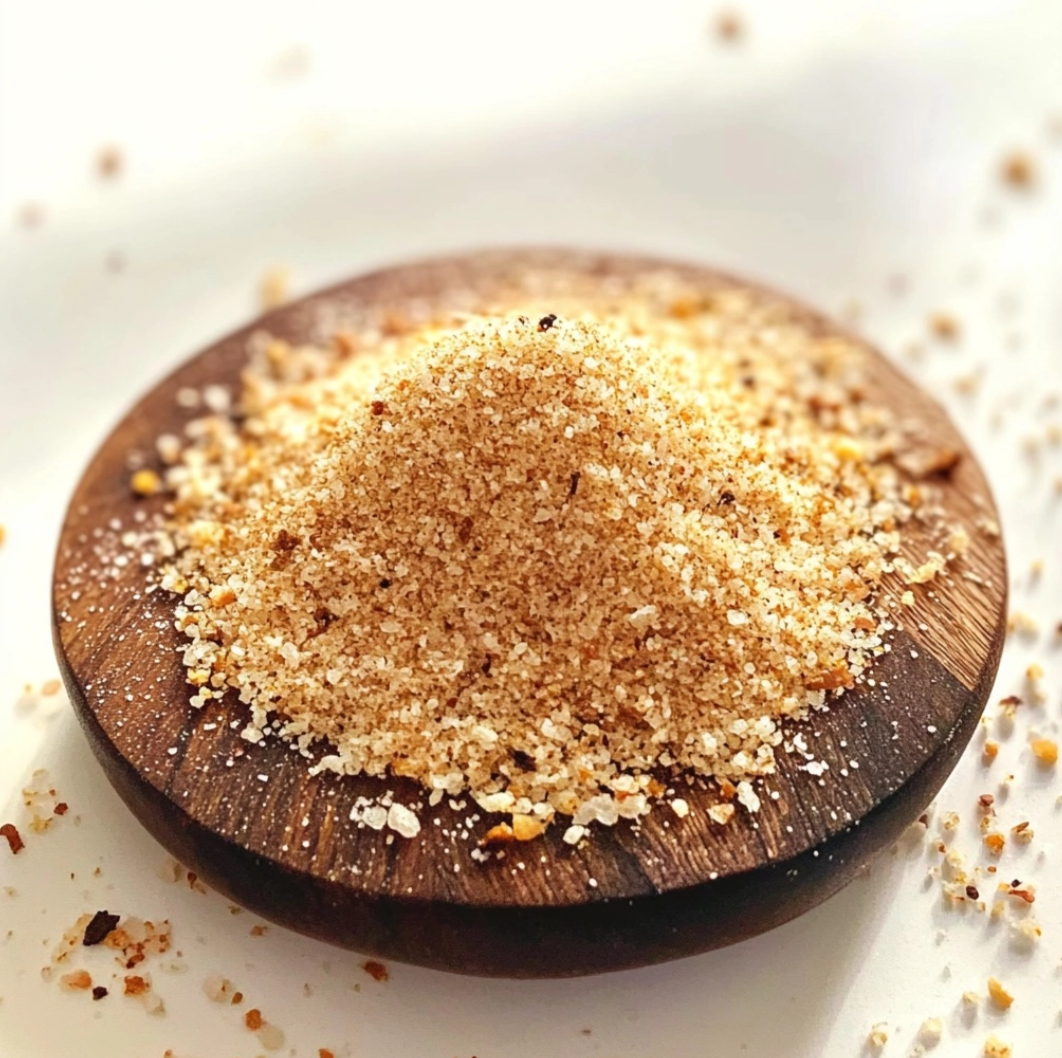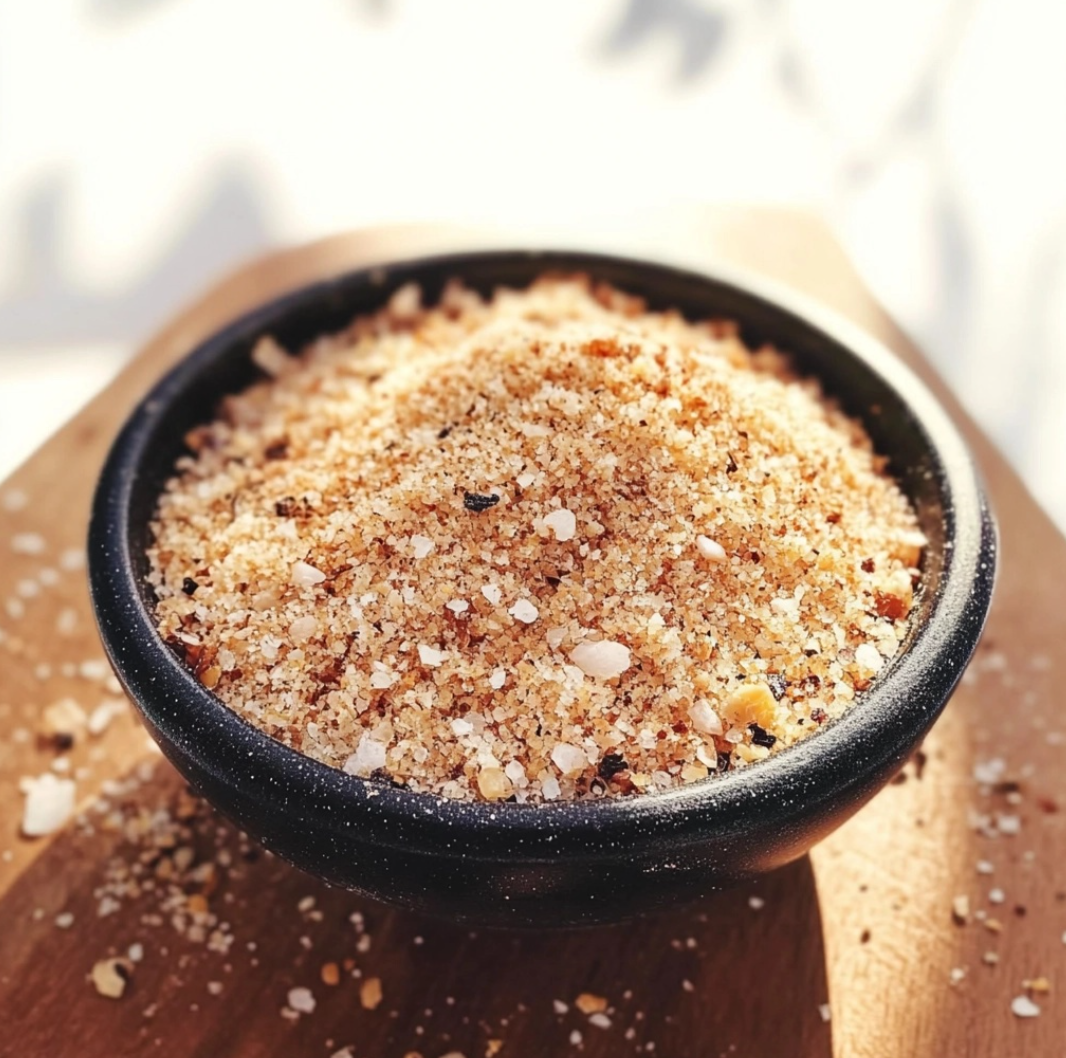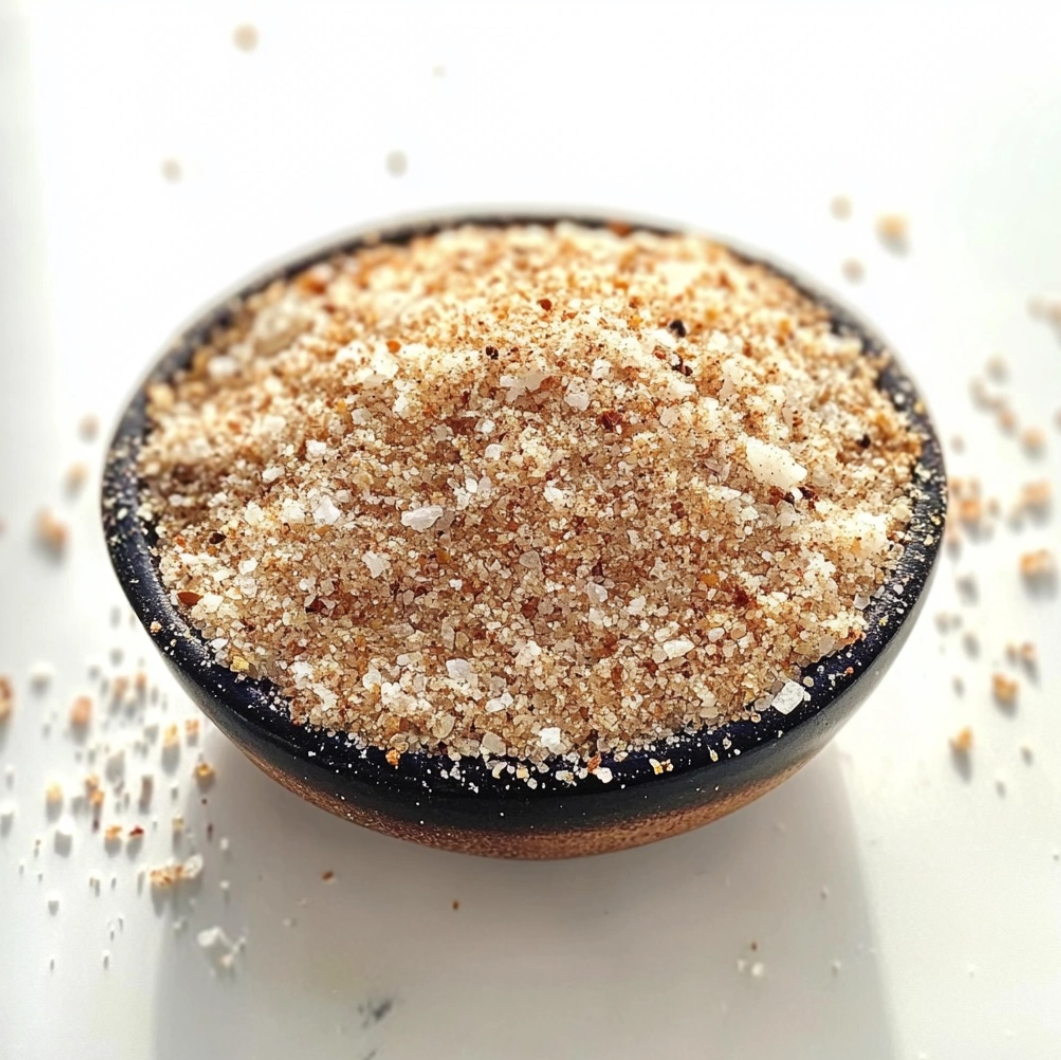Introduction
When it comes to making the perfect burger, seasoning is key. A well-seasoned patty can elevate your burger from ordinary to extraordinary, ensuring every bite is bursting with flavor. If you’re looking for a simple yet effective way to enhance your burger game without relying on salt, this homemade burger seasoning recipe is for you. With just a few ingredients, you can create a delicious blend that complements your choice of meat, whether it’s beef, turkey, or a plant-based alternative. In this article, we’ll dive deep into every aspect of this easy recipe, providing tips, techniques, and dietary adaptations to suit your needs.

Understanding the Basics of Burger Seasoning
What Is Burger Seasoning?
Burger seasoning is a mix of spices and herbs designed to enhance the natural flavors of the meat while adding an extra kick. The beauty of making your own seasoning blend is that you can customize it to your taste preferences and dietary restrictions. This simple recipe allows you to control the ingredients, ensuring your seasoning is free from unnecessary additives or salt.
Essential Ingredients
The foundational ingredients for this homemade burger seasoning include:
- Paprika: Adds a mild sweetness and vibrant color.
- Garlic Powder: Brings a rich, savory depth to the flavor.
- Onion Powder: Enhances the overall umami profile of the meat.
- Black Pepper: Offers a hint of heat and enhances the spice blend.
- Dried Herbs: Such as oregano, thyme, or basil, which contribute an aromatic quality.
To create the perfect blend, simply combine one tablespoon of your chosen spices for every pound of ground meat you’re using.
Preparation Steps
- In a small bowl, mix together your chosen spices to create a delicious seasoning blend.
- For every pound of ground beef or your favorite burger meat, use one tablespoon of this flavorful mix.
- Thoroughly combine the seasoning with the meat. If you like, you can sprinkle in a pinch of salt to suit your taste.
- Shape the seasoned meat into patties and cook them up in your preferred way—whether it’s grilling, pan-frying, or baking!
This basic recipe serves as a starting point, but feel free to experiment with other spices or herbs to make it your own.
Advanced Techniques for Perfectly Seasoned Burgers
Customizing Your Seasoning Blend
Once you’ve mastered the basic recipe, the next step is to customize your seasoning blend. Here are some advanced techniques to help you create a unique flavor profile:
- Smoky Flavor: Incorporate smoked paprika or chipotle powder for a deeper, smoky flavor.
- Herbaceous Touch: Experiment with fresh herbs like rosemary or cilantro. If using fresh herbs, use a higher quantity since their flavor is more subtle than dried.
- Heat Factor: If you enjoy spicy food, add cayenne pepper or crushed red pepper flakes to your blend.
Technique for Mixing
The method of combining your seasoning with the meat can significantly affect the final taste and texture of your burgers. Here are some tips:
- Gentle Mixing: Use your hands to gently mix the seasoning into the meat. Avoid overworking the meat, as this can result in dense, tough burgers.
- Marination: For deeper flavor, consider letting the seasoned meat sit in the fridge for at least 30 minutes before cooking. This allows the spices to penetrate the meat more effectively.
Cooking Techniques
The way you cook your burgers can also impact flavor:
- Grilling: Ideal for adding a smoky char. Preheat your grill to high and cook the patties for about 4-5 minutes per side.
- Pan-Frying: This method can enhance the seasoning’s flavor due to the caramelization that occurs in a hot pan. Use a cast-iron skillet for best results.
- Baking: A healthier alternative, bake the patties in the oven at 375°F (190°C) for 20-25 minutes, flipping halfway through for even cooking.
Experiment with different cooking methods to find your favorite!

Maintaining Your Burger Seasoning
Storage Tips
To keep your homemade burger seasoning fresh, consider the following tips:
- Airtight Container: Store your seasoning in an airtight jar or container to prevent moisture and air exposure, which can lead to loss of flavor.
- Cool, Dark Place: Keep your seasoning in a cool, dark area away from direct sunlight, as heat and light can degrade the spices over time.
Shelf Life
Homemade seasoning blends generally have a shelf life of 6 months to a year. However, for the best flavor, try to use it within the first few months after making it.
Dietary Adaptations
Making It Vegan and Gluten-Free
One of the greatest advantages of making your own seasoning is the ability to cater to different dietary needs. Here’s how to adapt the recipe:
- Vegan Version: Use plant-based ground meat alternatives, such as lentils, chickpeas, or store-bought vegan burgers. The seasoning will work wonderfully with these options.
- Gluten-Free: Ensure that any spice blends you use are certified gluten-free. Most individual spices are naturally gluten-free, but it’s essential to check labels.
Allergy Considerations
If you or someone you’re cooking for has allergies, be mindful of the spices you choose. For instance, if you have an allergy to garlic, consider substituting it with asafoetida for a similar flavor profile without the allergens.

FAQs About Homemade Burger Seasoning
1. Can I use this seasoning for other meats?
Absolutely! This seasoning blend is versatile and can be used for chicken, turkey, lamb, or even vegetables. It adds a delicious flavor to any protein or plant-based option.
2. How do I adjust the seasoning for larger batches?
For larger batches, simply multiply the ingredient quantities based on the amount of meat you’re preparing. Remember to maintain the same ratio for consistency in flavor.
3. Can I add salt to the seasoning mix?
While the recipe is designed to be salt-free, feel free to add salt according to your taste preferences when mixing it with the meat.
4. How can I incorporate this seasoning into other dishes?
Use this seasoning in meatloaf, meatballs, or as a rub for grilled vegetables. Its flavors can enhance a variety of dishes beyond just burgers.
5. Is it possible to use fresh herbs instead of dried?
Yes, you can use fresh herbs, but you will need to increase the quantity since fresh herbs have a milder flavor than dried ones. A good rule of thumb is to use three times the amount of fresh herbs compared to dried.

